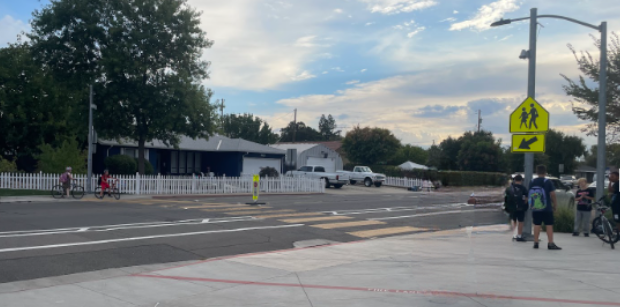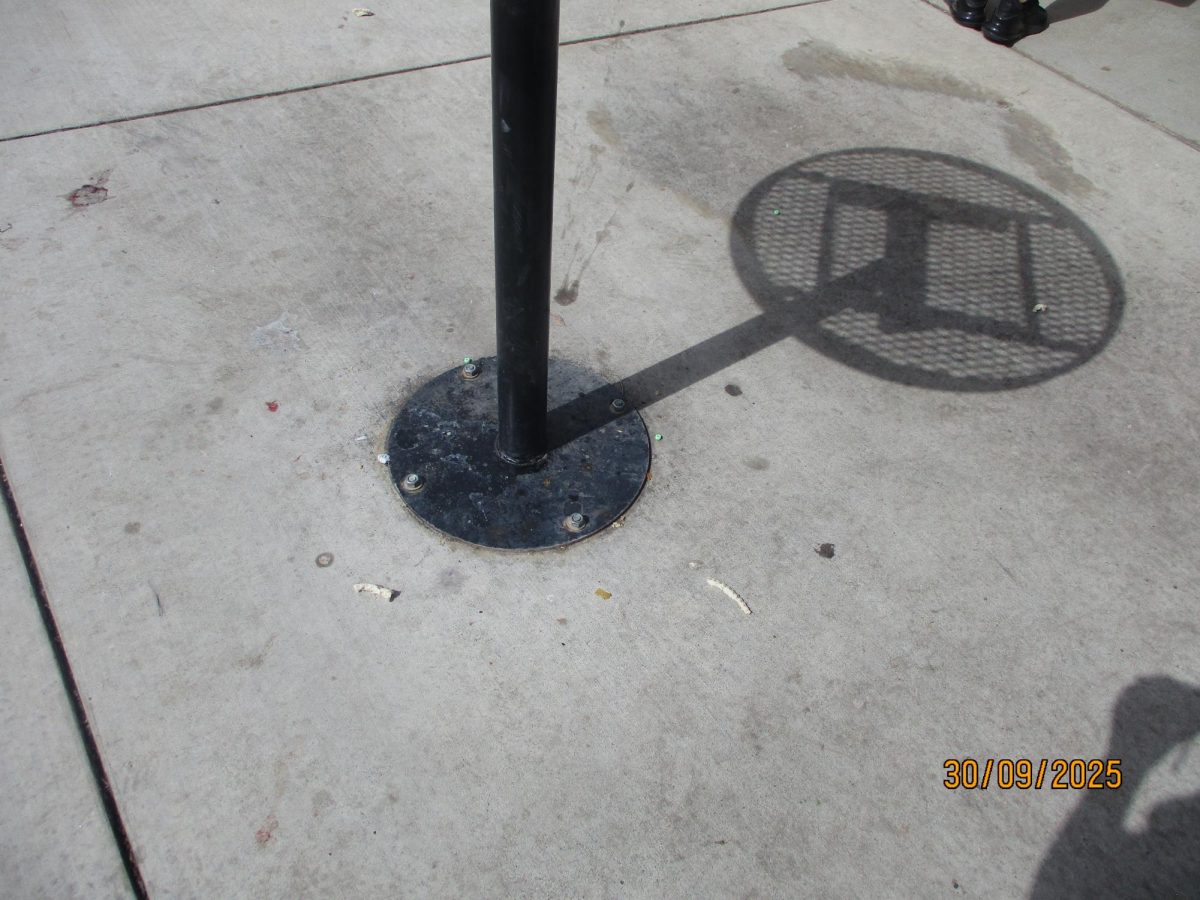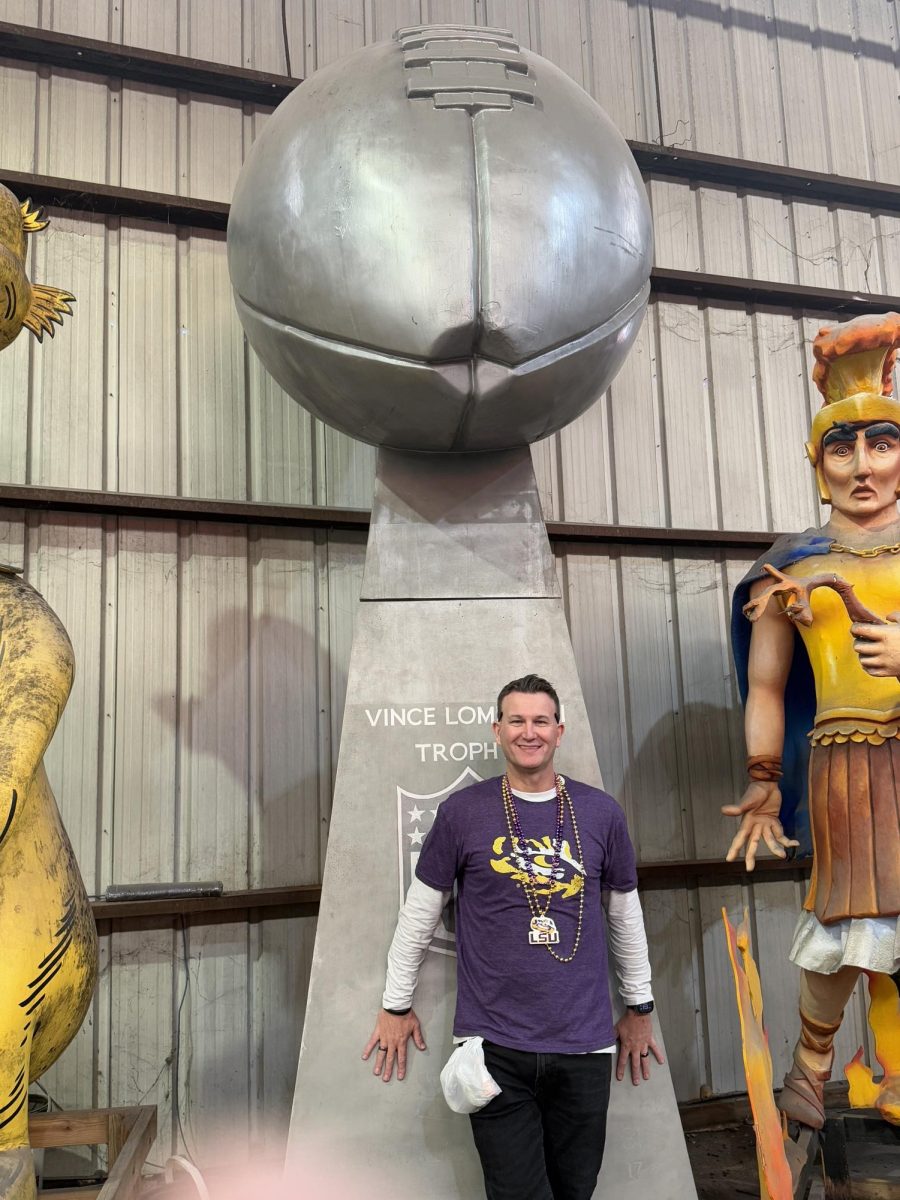The United States is the world’s largest trade superpower. While it speaks the language of the colonial power it once revolted from, it has made some changes. President Theodore “Teddy” Roosevelt passed a law in 1906 to simplify the English language. “Flavour” became “flavor,” “oestrogen” became “estrogen,” and so on.
However, reconstructing dead root languages brings us to the task of piecing together languages that evolved from them. In Latin, casa means “house,” as it does in Spanish, Portuguese, and Italian. Another note on Latin: Caesar was most likely pronounced like the German Kaiser, both of which mean “emperor.”
The point is that if English were to die out, writings from New Zealand, Australia, Ireland, Britain, Canada, South Africa, etc., would likely outnumber those from America.
American English is the global trade language, just as the U.S. dollar is the international exchange standard. However, about 10% of India’s population (roughly 140 million people) speaks British English. Similarly, around 10% of South Africa’s population (60 million) speaks English, along with many other former British colonies, like Pakistan, where a minority speaks English.
At its height, the British Empire controlled 75% of the world’s surface area. With so many documents written in British English, those trying to reconstruct English—should the language ever die—might lean toward spelling it the British way.
Going back to Latin, linguists distinguish between Classical and Vulgar Latin, and a similar split could occur in English reconstructions.
But how should English be spelled today? I believe people should be free to spell it however they want. Of course, teasing is fine, but only if everyone is laughing. I don’t think schools should penalize students for using a “non-standard” form of English. In America, it’s a free country, and using your preferred form of English is protected under the First Amendment.
In the UK, everyone also has freedom of expression. How you say it doesn’t really matter. That said, this debate would never have happened if Theodore Roosevelt hadn’t made those changes in 1906.
If we were to internationalize English, I think we should adopt British English, as it is the more widely used form internationally and has been around longer. British English is spoken on every continent, except South America, where it’s not an official language, though it is used by tourists and immigrants.
Additionally, British English, being more complex, may be associated with formality and prestige, potentially improving the United States’ global image. For example, flavour seems more sophisticated than flavor, even with just a one-letter difference.
Finally, if the rebellious nature of America’s founding justifies American English, perhaps we could view American English as something of a British Museum—”borrowing” traditions, adapting them, stealing words, and influencing music. So why not “borrow” British English as well?







































